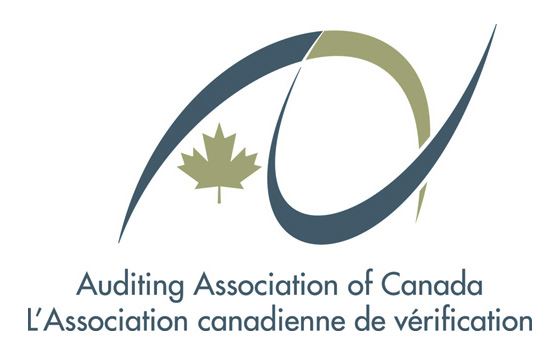 The pandemic has spurred a slew of articles, podcasts, and panels examining the ways Plato’s observation that “necessity is the mother of invention” reflects the reality of how Covid-19 is impacting every aspect of our lives worldwide.
The pandemic has spurred a slew of articles, podcasts, and panels examining the ways Plato’s observation that “necessity is the mother of invention” reflects the reality of how Covid-19 is impacting every aspect of our lives worldwide.
For those in the middle of this storm of change, many are looking for guidance to help them look at how to navigate emerging and shifting risks in real time and at record pace. The ability to refer to generally accepted guidance helps us draw on the experience of others who were involved in its development, and provides help identifying and assessing the new risk landscape.
There are many Standards Development Organizations (SDOs), governments, and subject-matter expert-based associations that are providing access to essential standards to assist companies and manufacturers to respond to the COVID-19 pandemic. Standards and guidance documents can vary widely in price and historically many organizations may have been reticent to purchase these documents not knowing how applicable they may be to their operations until after paying. This free access is a tremendous help to organizations that are already facing additional costs.
Some of these SDOs have / or currently are, developing new or adapting existing guidance for some of the most Covid-impacted organizations, related topics, and products. This process often takes years, but it appears publishing these updates (either in draft or final form) fortunately has also been accelerating.
The Standards Council of Canada (SCC) and International Organization for Standardization (ISO) are examples or organizations that are offering free access / no-fee access (either as downloads or in read-only format depending on the documents) to many of current standards they compiled “to support global efforts in dealing with the COVID-19 crisis”. Below, please find links to some of these standards and guidance documents that may be local, regional, national, or international in scope.
- Standards Council of Canada (SCC) Covid Resources https://www.scc.ca/en/resources/covid-19
-
- SCC compiled information as a reference guide for government and industry from Health Canada as well as other SDO partners.
- ISO Covid-19 Response: Freely Available Standards https://www.iso.org/covid19
-
- Includes links to standards, resources developed by ISO members to fight against Covid, and survey results on challenges facing those working in conformity assessment under Covid conditions.
- ISO - Upcoming Standards for Covid https://www.iso.org/news/ref2622.html
-
- There are a range of new and upcoming ISO standards they believe "can help establish the right course of action, improving recovery, bolstering resilience, and saving lives."
- Topics include: Contactless Delivery Services; Security and Resilience; Food Security; Tourism and Related Services; Building and Civil Engineering Works...
- Canadian Standards Association (CSA) - COVID-19 Response Standards & Handbooks https://www.csagroup.org/news/covid-19-response-standards-handbooks/
-
- Topics include Emergency and Continuity Management; Selection, use, and care of respirators; Psychological health and safety in the workplace – Prevention, promotion, and guidance to staged implementation and a supporting Implementation Handbook; multiple documents regarding health care facility ventilation, management, waste management etc.
- National Research Council Canada - https://nrc-publications.canada.ca/eng/search/?q=NRCCode&q=&q=&ps=50&s=dtp&m=1
-
- Free access online since 2018 to key National and Regional Fire, Building
- ASTM - Standards & COVID-19 https://www.astm.org/COVID-19/
-
- Focus on personal protective equipment (PPE) and medical PPE
- Underwriters Laboratories - Using Standards to Help Mitigate the Spread of COVID-19 https://ul.org/focus-areas/standards/COVID-19
- Health Standards Organization - COVID-19 Resources / Ressources COVID-19 https://covid19.healthstandards.org/
Disclaimer: The AAC is providing this information for reference only. AAC is not recommending, advocating for or representing any of the above organizations and it is the responsibility of the user to ensure any documentation, standard or guideline is appropriate for both the jurisdiction, use and operations. Legal and subject matter advice should always be used before implementing any changes.
